Running or Walking
- No painful injections
- No unnecessary surgery
- No expensive medications
Running or Walking
- No painful injections
- No unnecessary surgery
- No expensive medications
Heel Pain with Running or Walking
Heel pain that begins when running or walking is often an indication of plantar fasciitis, which is one of the most common foot conditions. Plantar fasciitis is an inflammation of the ligament that supports the arch of the foot. This pain is commonly felt at the front of the heel. If symptoms do not match plantar fasciitis, or if pain persists despite plantar fasciitis treatment, another issue may be causing heel pain.Skin Conditions
Skin conditions may also cause pain to spike when running or walking. Calluses, corns, and plantar warts are skin conditions that may irritate the tissue of the heel and cause pain. Skin conditions can often be detected when doing an examination of the foot, so patients may be able to spot and treat skin conditions at home. If pain persists or skin conditions worsen, medical attention should be sought.Bone Trauma
Stress fractures and bone spurs can cause pain in the heel that increases when running or walking. Physicians may be able to detect these abnormalities in the bone by doing X-rays or other scan tests. In some cases, fractures can be set properly with a cast or splint, and pain can be reduced with medication. Bone spur aggravation may be treatable with anti-inflammatory drugs, corrective supports, and physical therapy. Depending on the severity of the fracture or excess bone growth, surgery may be necessary for these conditions to restore the shape of the foot and relieve tension on the soft tissue of the foot.Pain with Running
If the calf and the back part of the heel both ache when running or walking, the patient most likely has Achilles tendinitis. Swelling and stiffness often accompany heel and calf pain with Achilles tendinitis. If Achilles tendinitis is the suspected cause of heel pain, patients should discontinue activities that aggravate the heel and calf until pain subsides. Applying ice and taking over the counter anti-inflammatory medication may help to treat Achilles tendinitis. If pain persists for more than two weeks, medical attention should be sought. Sources: “Foot Pain.” Medline Plus. U.S. National Library of Medicine, 26 Feb 2014. Web. 17 Mar 2014. <http://www.nlm.nih.gov/medlineplus/ency/article/003183.htm>. “Heel Pain.” American Podiatric Medical Association. American Podiatric Medical Association, n.d. Web. 17 Mar 2014. <http://www.apma.org/Learn/FootHealth.cfm?ItemNumber=985>.To Get A "Insider's Look" At Our Treatment Approach And How We Get Results...
Click Below To Watch Our Exclusive Webinar! It's Simple, Short, and It's Free!

- Learn The Essential First Step... So You Can Get Pain Free Again
- See Why Treatment Needs To Be Individualized, Not Standardized...So You Get Faster Results!
- Learn How You Can Save Money...So You Don't Have To Waste $1000's On Unnecessary Treatments
Solve the root cause of your pain
How Our Treatment is Different
We believe that working with a specific specialist for your care is the best way to solve the root cause of your pain. Work one-on-one with a Doctor of Physical Therapy every time your visit our office.
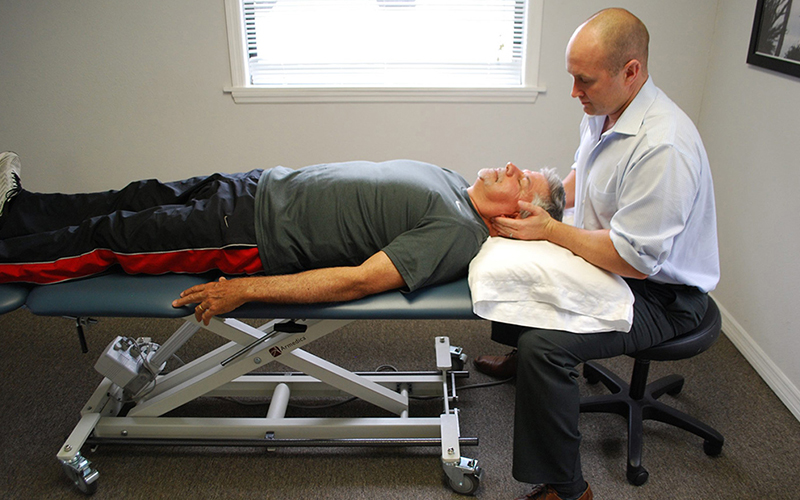
Exclusive one-on-one patient care
While most clinics will give you a limited amount of time with your Doctor, we believe that true results come from consistent one-on-one therapy.
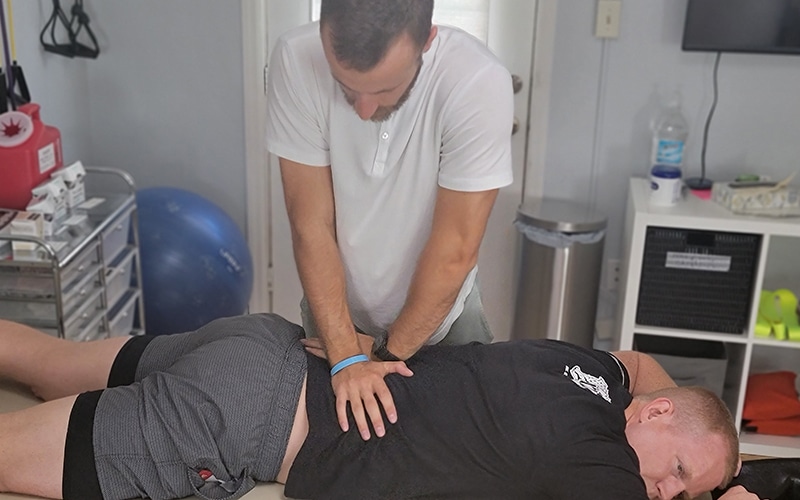
Work with your specialist every visit
Stop being handed off to trainees or non-Doctors for your Physical Therapy. At Pursuit, you'll work exclusively with your Doctor of Physical Therapy that specializes in your specific needs.
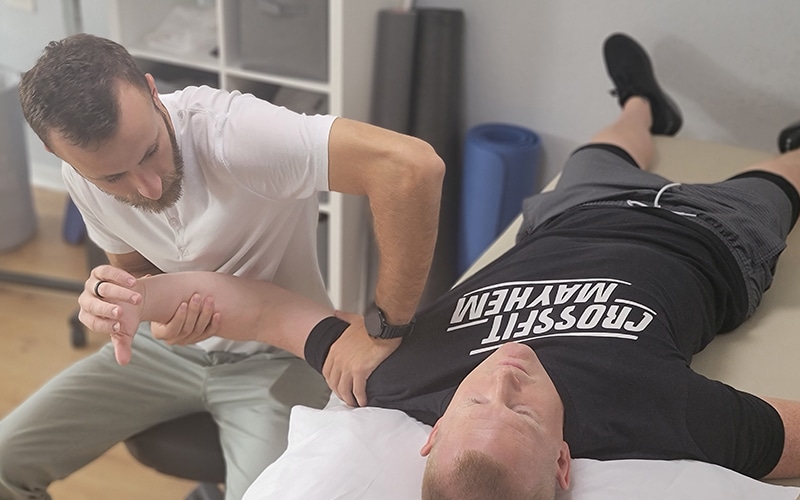
24/7 messaging access to your specialist
Ever have an issue or questions? We're here to help. Get 24/7 access to your specialist while you're under our care. Physical Therapy doesn't just happen when you're in our clinic, so we're here for you when you need us.
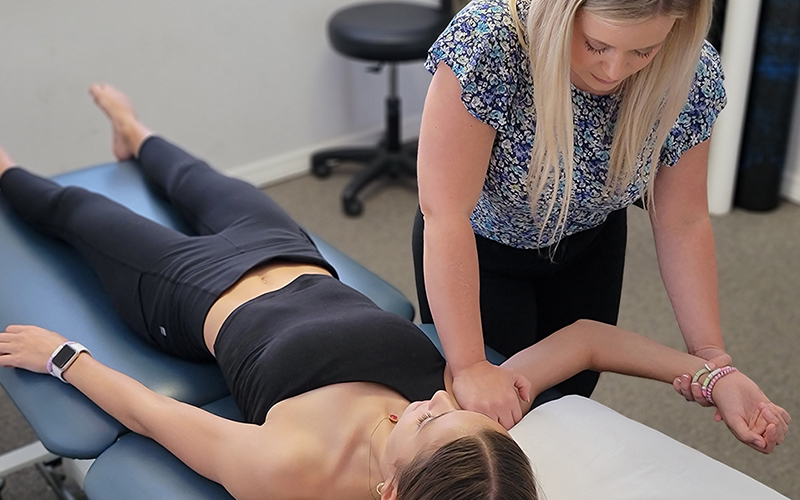
No waiting periods
Get off that waiting list and get the treatment you need. We're always ready to accept new patients, so you can get better faster and get back to a pain-free life that you deserve.
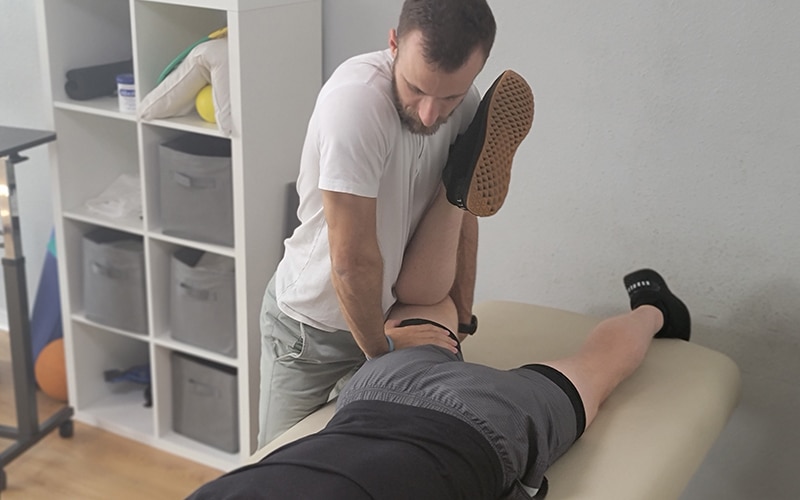
Not limited by insurance
Don't let the insurance companies tell you how much treatment you need. Avoid the limitations of short sessions that insurance provides and work with our Doctors when you need it and for as long as you need it.
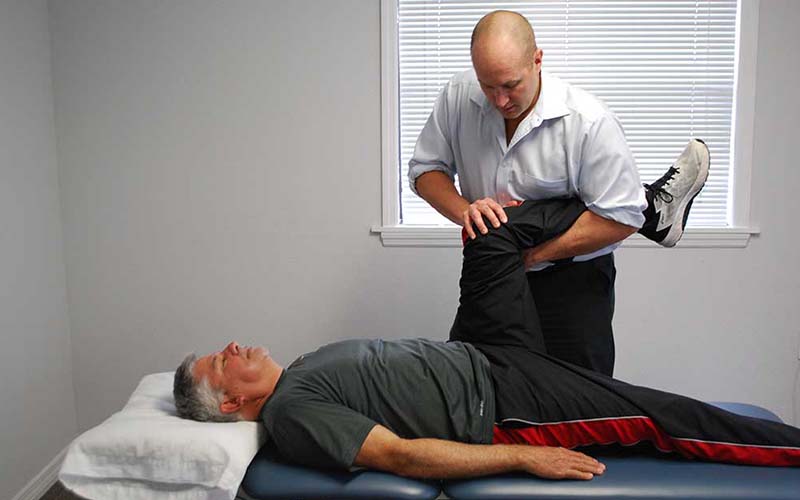
No painful injections, no expensive medications, no surgery
In order to truly solve your pain, we use a holistic approach to Physical Therapy, not relying on injections, medications, or surgery. Instead, we'll strengthen your body's weak points that are causing your pain.
MEET THE TEAM

RON MILLER, DPT, OCS, Cert DN
Doctor of Physical Therapy | Board Certified Orthopaedic Physical Therapy Clinical Specialist | Post-Doctoral Orthopaedic Residency Trained | Certified in Dry Needling | Titleist Performance Institute Certified
Dr. Ron Miller is the owner and founder of Pursuit Physical Therapy. His core belief is that it is not about the physician, the physical therapist, or the insurance company: it is about what is truly best for the patient. Dr. Miller started...

CAREY ROTHSCHILD, DPT, OCS, SCS, CSCS, CKTP
Doctor of Physical Therapy and Assistant Professor at the University of Central Florida | Board Certified Orthopaedic Clinical Specialist
| Board Certified Sport Clinical Specialist
Dr. Carey Rothschild is an Assistant Clinical Professor in the Doctor of Physical Therapy Program at the University of Central Florida. Dr. Rothschild earned a Bachelor of Health Science in Physical Therapy in 1999 from the University of Florida and a Doctor of Physical Therapy from Boston University in 2005...


MICHAEL FABRICK, DPT, Cert. DN
Doctor of Physical Therapy | Certified in Dry Needling | Pursuit Sports Performance Specialist | Professional Tennis Tour Physical Therapist
Dr. Michael Fabrick was born and raised in Hanover, Pennsylvania and attended Slippery Rock University where he received his Bachelor’s degree in Exercise Science. He then went on to receive his Doctorate Degree in Physical Therapy in May of 2020. During his final tenure as a Doctoral intern, he trained underneath Todd Ellenbecker, who is one of the world’s leading experts on shoulder rehabilitation and is the Vice President of Medical Services for the ATP World Tour...

MARYANN DANIELS, PT, MCMT, IDN
Physical Therapist | Dry Needling Certified | Mastery Certified In Manual Therapy | Pelvic Floor And Post Partum Specialist
Maryann was originally born in Connecticut but moved to Florida with her family at the age of 9 and she grew up in Jupiter, Florida. She then went to college at the University of Central Florida...


Kayla Cook, DPT, HSP, CSCS
Doctor of Physical Therapy | Hesch Sacroiliac Practitioner | Certified Strength And Conditioning Specialist | Ehlers-Danlos Syndrome Specialist | Volleyball Specialist
Dr. Kayla Cook was born and raised in Northern California and received her undergraduate degree in Kinesiology from California State University in Sacramento. She then received her Doctorate in Physical Therapy from The University of St Augustine for Health Sciences...
To Get A "Insider's Look" At Our Treatment Approach And How We Get Results...
Click Below To Watch Our Exclusive Webinar! It's Simple, Short, And It's Free!

- Learn The Essential First Step...So You Can Get Pain Free Again
- See Why Treatment Needs To Be Individualized, Not Standardized...So You Get Faster Results
- Learn How You Can Save Money...So You Don't Have To Waste $1000's On Unnecessary Treatments
BECOMING PAINFREE IS EASIER THAN YOU THINK

Step 1:
Call our expert team.

Step 2:
We’ll work with you to find and treat the root of your pain.

Step 3:
Get back to doing what you love.
